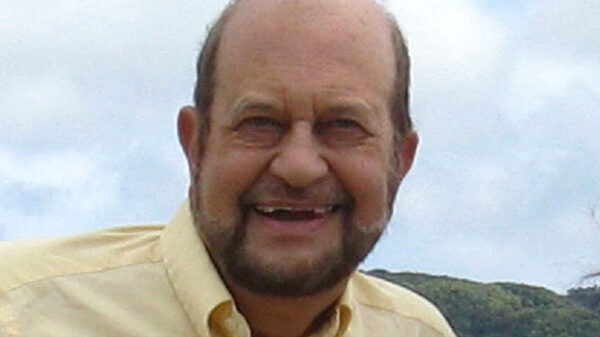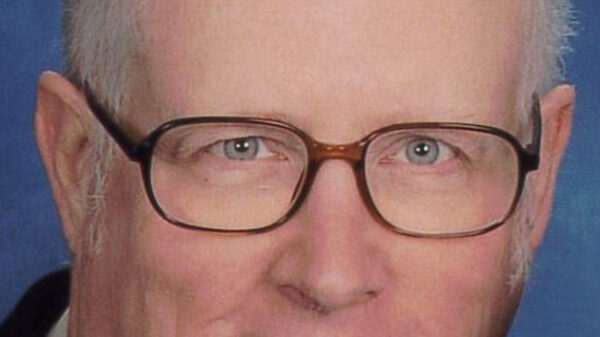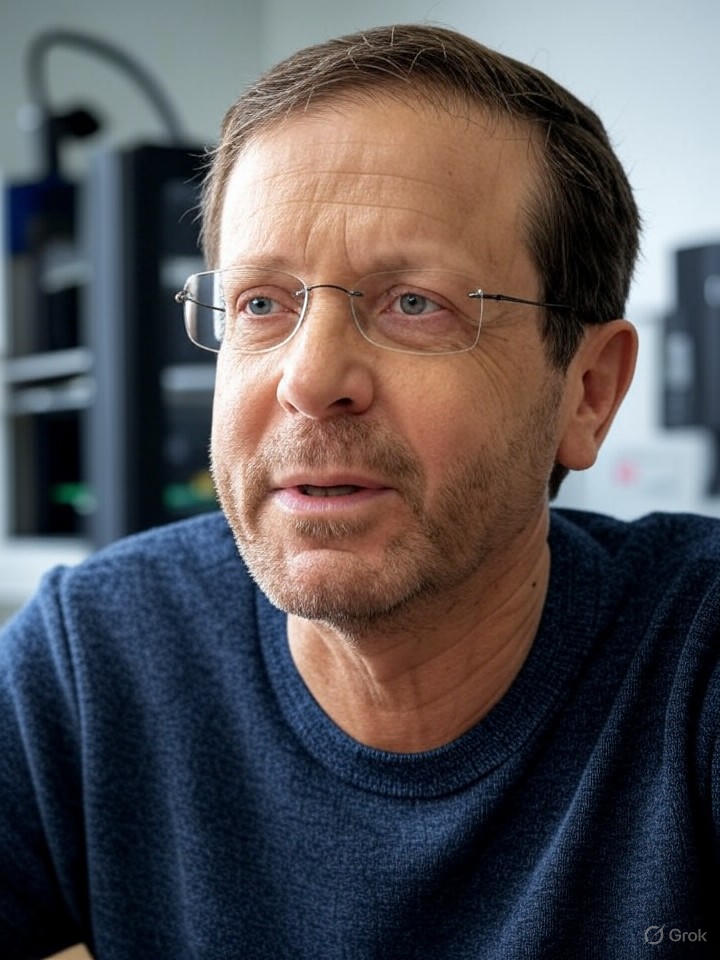Israeli President Isaac Herzog has announced the establishment of a pioneering research institute focused on the development of 3D-printed human organs and artificial intelligence (AI) in medicine. This initiative, unveiled during a ceremony in Jerusalem, aims to position Israel as a leader in medical innovation, addressing critical issues such as organ shortages and the need for personalized healthcare solutions.
The new institute is designed to foster collaboration among academia, industry, and government, facilitating advancements that could transform transplant procedures and diagnostic technologies. As reported by the Times of Israel, this initiative builds on Israel’s rich history in bioengineering, where significant strides have been made in regenerative medicine.
Building on Past Innovations
A notable achievement in this field occurred in 2019 when researchers at Tel Aviv University successfully created the world’s first 3D-printed heart using a patient’s own cells. This breakthrough, highlighted by the Times of Israel, demonstrated the potential for custom organs to mitigate the risks of organ rejection and eliminate waitlists, although challenges remain in scaling these innovations to functional organ sizes.
The new institute aims to accelerate such advancements by integrating AI into the 3D printing process. This technology will enable precise data analysis, helping to predict organ viability and simulate surgical outcomes. Industry experts note that this convergence of disciplines, often referred to as bio-convergence, could lead to significant breakthroughs in printing viable tissues that integrate seamlessly with the human body.
In 2023, the Israel Innovation Authority allocated NIS 40 million to support startups in bio-convergence and related fields, laying the groundwork for this ambitious initiative. This funding has already stimulated ventures focused on autonomous medical robotics, which play a crucial role in enhancing the precision of procedures involving 3D-printed implants.
AI’s Transformative Role in Medicine
The integration of AI into medical practices is revolutionizing how organ models are created for surgical planning. A study published in PMC in 2022 emphasized that AI algorithms can refine 3D models to accurately reflect patient-specific anatomies. This advancement is particularly crucial in Israel, where ethical discussions surrounding organ printing have intensified since the 2019 heart breakthrough.
Innovations in robotics are also on the horizon. Engineers at UNSW Sydney, collaborating with international teams, are developing soft robotic arms designed for in-body 3D printing. These flexible devices could allow for the direct printing of biomaterials onto organs, thereby reducing the need for invasive surgeries. Israeli researchers are exploring similar technologies, leveraging AI to ensure accurate printing on contracting tissues, as evidenced by studies from the University of Minnesota.
Despite the promise of these technologies, significant challenges remain. Regulatory hurdles and the need for scalable bioprinting materials are ongoing concerns. Current discussions on social media platforms highlight debates surrounding intellectual property in AI-assisted designs, with Israeli startups leading patent filings in this burgeoning field. A recent article in Nature discussed advanced multi-material printers that incorporate machine vision for error correction, a technique the new institute aims to pioneer.
Economically, this initiative positions Israel to attract billions in investments, with the potential to surpass competitors in Europe and the United States. As President Herzog noted, the institute will engage in international collaborations, sharing AI datasets to expedite global advancements in healthcare.
Looking to the future, the integration of these technologies could extend beyond organ fabrication to include personalized prosthetics and drug delivery systems. Reports from Futures Platform speculate that 3D-printed hearts for transplants could become a reality by 2025, aligning with Israel’s ambitious timelines. Ethical considerations will be vital in navigating access and equity issues, as discussed in BBC News coverage of past innovations.
Ultimately, this institute represents a strategic advancement in merging Israel’s technological capabilities with humanitarian objectives. By leveraging AI for data-driven insights and robotics for precision execution, it has the potential to address the organ crisis and save countless lives while setting new global standards for medical innovation.






































































